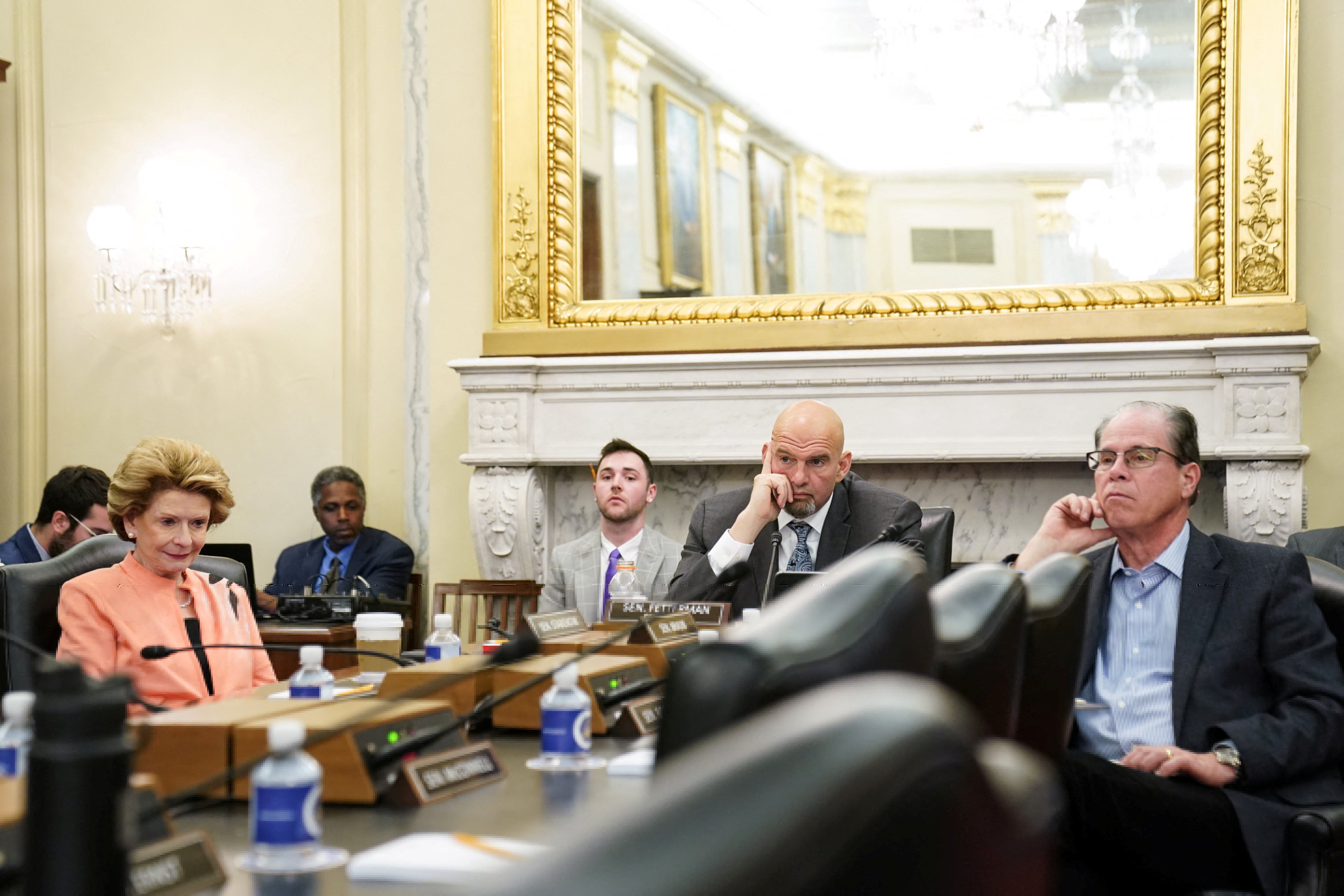While everyone is freaking out about the looming US government shutdown, Congress is about to miss another major deadline: renewing the farm bill. Without it the American food system implodes.
Congress will likely push the deadline to the end of the year, putting it in the crossfire of major budget battles and potentially prolonged shutdowns. The farm bill is just as polarizing as spending negotiations, and the consequences of missing the deadline – whether now or in December – would be immediately felt by farmers and families alike.
The farm bill is where the government handles all things food. First passed in 1933, it is renewed by Congress every five years. It is responsible for crop insurance, loans, and subsidies that keep farmers in business and the US food system running. It also handles food assistance, with the largest share of funding going to SNAP benefits that help low-income families put food on the table.
If Congress doesn’t pass the farm bill, many subsidies and policies will revert back to 1940s levels. Support for dairy, for example, would revert back to minimum prices set in the original farm bill, potentially doubling the cost per gallon. The impact on inflation would be immediate and dire.
Farmers, already rattled by Chinese tariffs, rising temperatures, and increased droughts, are waiting for the bill to know what insurance the government will offer them in the face of such instability. Meanwhile, SNAP beneficiaries will not receive their benefits if the bill is not reauthorized before the deadline.
Why will it be so hard to pass? Historically, the farm bill has been a reprieve of bipartisanship. But this year's bill is expected to be the most expensive one yet. Clocking in at around $1.51 trillion over the next decade, budget hawks are threatening to shoot down the bill on its bottom line alone. A big reason for the growing price tag is expanded natural disaster insurance for agricultural commodities, as climate change makes extreme weather more frequent.
The proposed bill towers over its $867 billion predecessor from 2018, of which 80% went to SNAP benefits. Republicans want to restrict SNAP this year, raising the age that adults must be working to qualify from 49 to 55 and cutting snap spending by $30 billion over the next 10 years. Toughening work requirements is a no-go for Democrats, and neither party is looking ready to compromise.
The EATS ACT is a poison pill for passage. If welfare benefits weren't polarizing enough, Republicans from agricultural states have added the controversial Ending Agricultural Trade Suppression Act (EATS) to the bill. The act would negate any state laws that have an impact on other states’ agriculture industries, including measures banning pesticides, implementing animal welfare laws, or protecting consumers.
It was spurred by California’s Proposition 12, which barred the sale of pork from pregnant pigs kept in extreme confinement. The bill would overturn this and a trove of other state laws and regulations, which opponents argue is an infringement on states’ rights.
150 members of the House have urged leaders to keep the provision out of the farm bill. But with Congress distracted by budget battles, it is likely that these contentious issues won’t be dealt with until the last minute, leaving farmers and the entire US food system on shaky ground.
GZERO talked to documentary filmmaker Jennifer Baichwal and Lee Johnson about their upcoming film, “Into the Weeds: Dewayne “Lee” Johnson vs. Monsanto Company,” about the complicated issue of pesticides, big business, and the health of farmers and consumers. Check out the Q&A here.